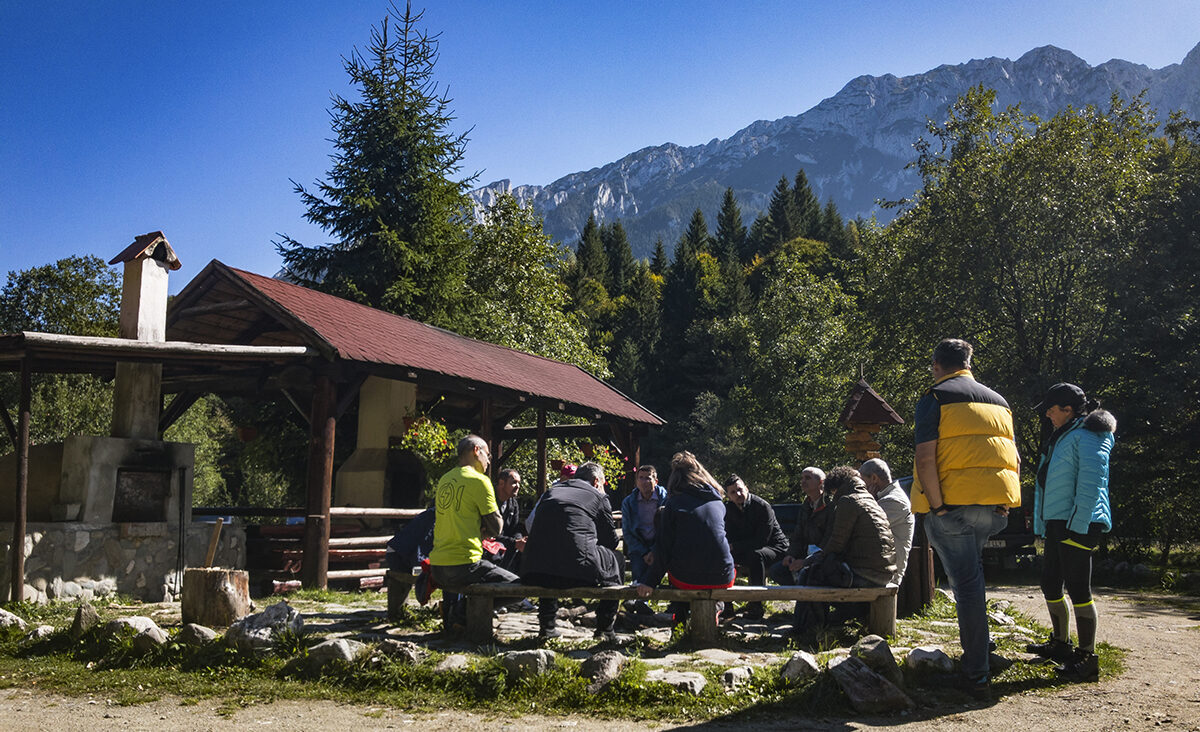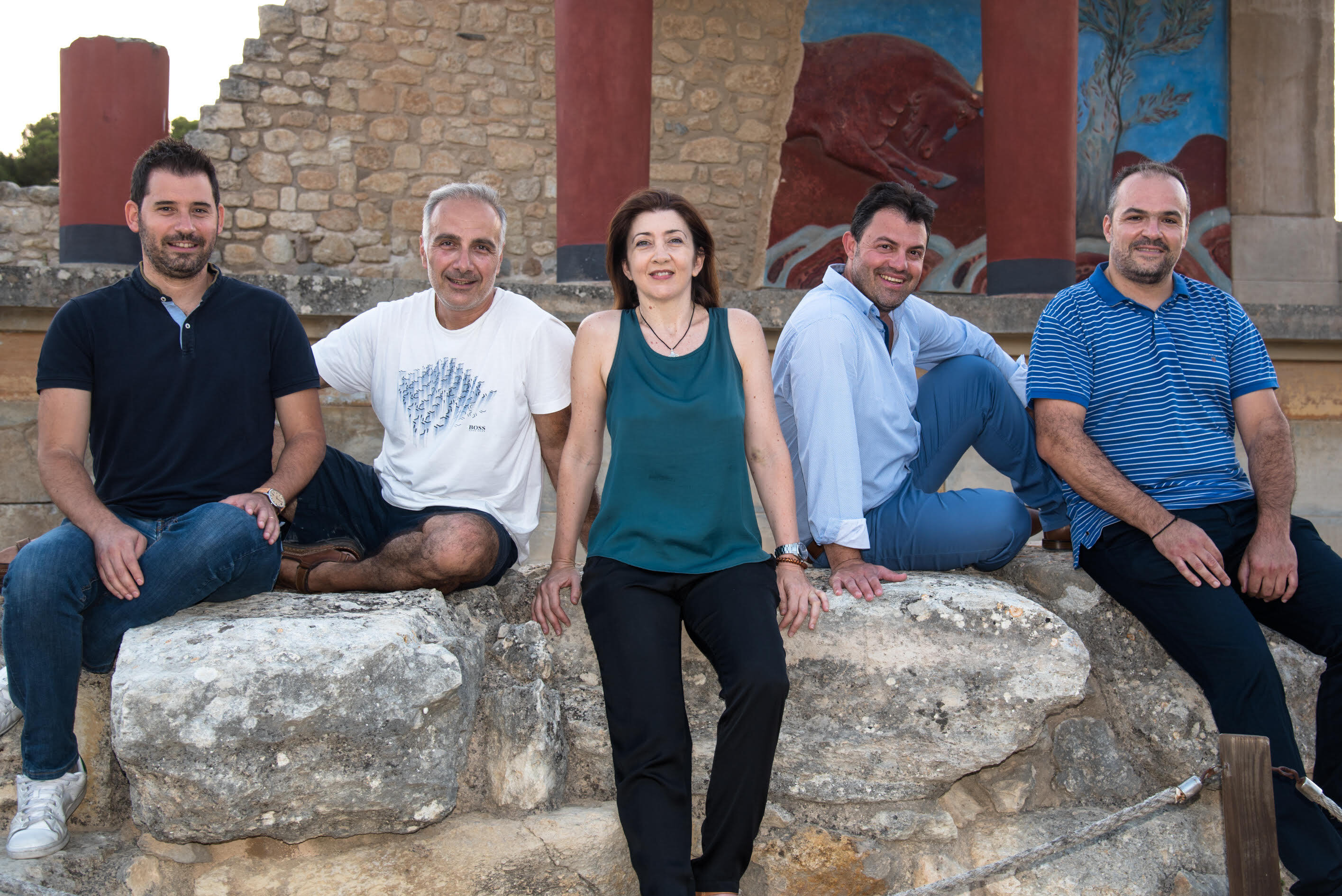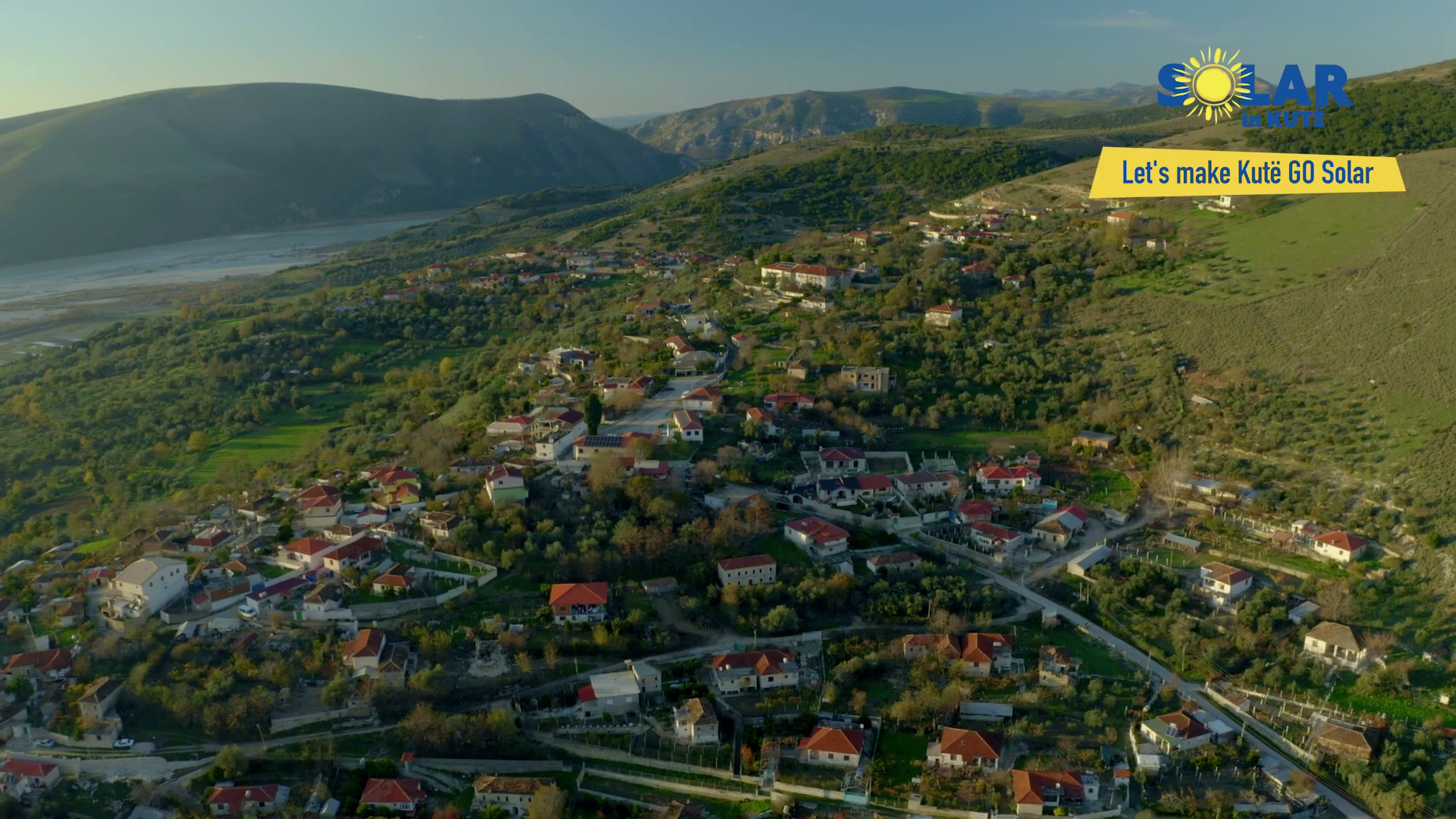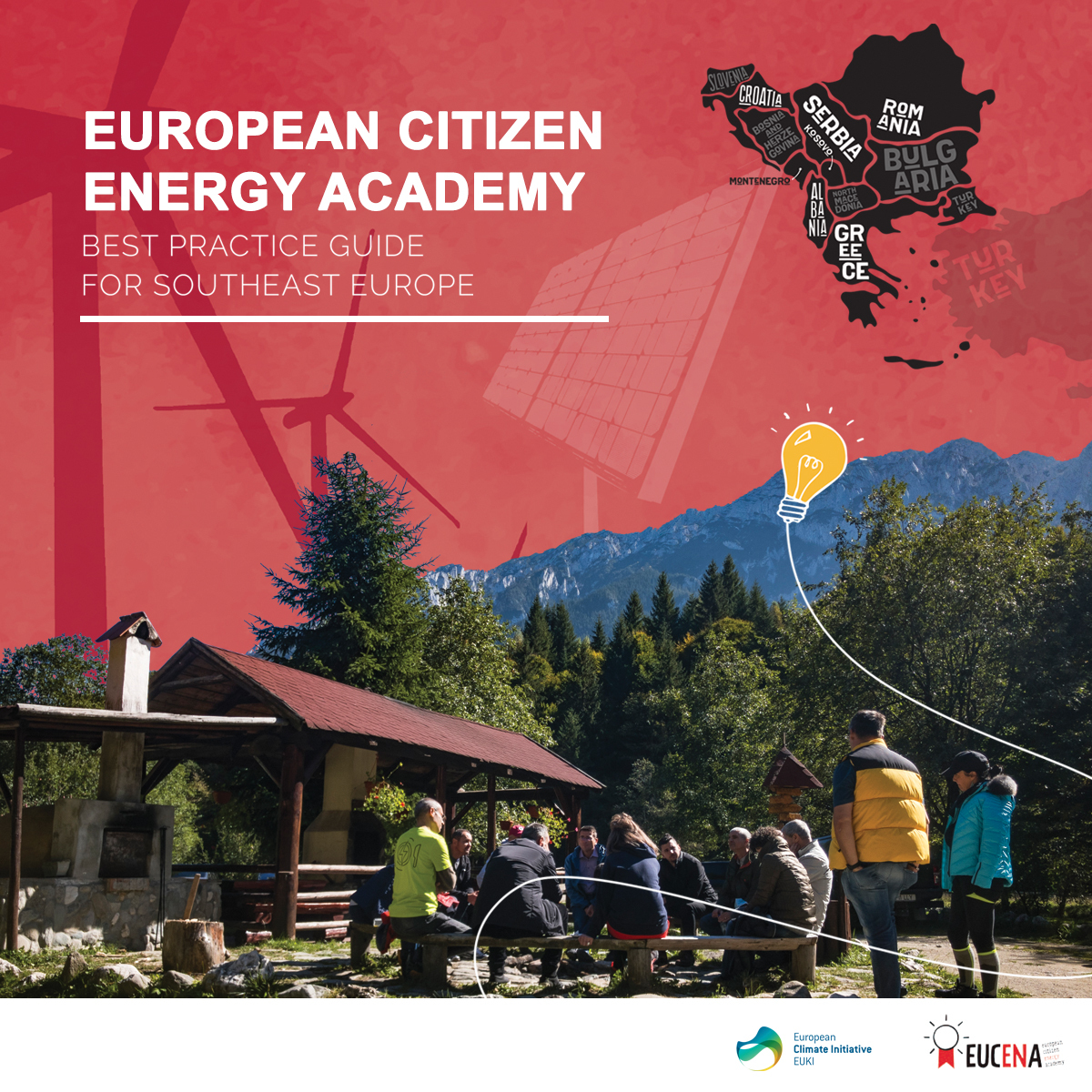Stories
October success story: A growing citizen energy revolution in the Balkans
Community energy is key to action on the climate crisis. It can empower people, boost local economies, and reinvigorate communities. Community-led initiatives play an important part in the transition towards a 100% renewable and just energy future. Success stories of community energy projects can be found all over Europe. At REScoop.eu we want to highlight these stories to further accelerate the movement towards a cleaner and democratic system.
This month we travel to the Balkan region to hear about citizen-led initiatives that are putting energy production back in the hands of people. A small but growing citizen energy revolution has started in the Balkans!
Community energy in Southeast Europe
The distribution of energy communities across Europe is very unequal. While some countries in North and Western Europe have a long tradition of energy cooperatives, it is hard to find examples in Southeast Europe.
In Balkan countries, energy production tends to be centralised and mostly based on fossil fuels. If renewable production exists at all, it is dominated by traditional biomass and large hydropower plants. Nevertheless, in recent years, citizens in the Balkan region have started to embrace the concept of community energy, adapt it to their local context and launch citizen-led initiatives to pave the way for an inclusive and just energy transition.

Minoan Energy: A leading example in Greece
In Greece, several energy communities have emerged following the introduction of community energy enabling frameworks back in 2018. Also in Croatia, a few mature initiatives can be found. Although not yet fully transposed, these two EU Member States benefit from the EU laws that acknowledge the right of citizens to actively participate in and take ownership of the energy transition.
A lighthouse example in the region is Minoan Energy, the biggest energy community in Greece. Founded in 2019, this cooperative in the small town of Arkalochori, Crete, has reached 400 members in three years. Aiming to take Crete’s energy transition into their own hands, they have developed two solar PV installations – they are now finalising work on the second – and have launched awareness raising campaigns and educational activities.
Minoan Energy also set up a solidarity scheme to cover the electricity needs of 50 low-income families affected by the earthquake that hit Crete in 2021.
Their good work has attracted international attention and recognition from the European Commission, which last month awarded Minoan Energy a European Sustainable Energy Award for pioneering citizen-led renewable energy initiatives.

“Crete is a region blessed with renewable energy sources and we would like to utilise this potential, not only to serve the energy transition but also to engage citizens in this process,” Charalampos Giannopoulos, president of the community, said in the context of the award.
Community energy in response to a harmful project in Albania
Non-EU countries are not obliged to transpose EU energy legislation, but EU directives are also relevant to them because they are part of the Energy Community - an international organisation that brings together the European Union and its neighbours to create an integrated pan-European energy market. Citizens in these countries can therefore also claim their energy rights and join the energy revolution.
In Albania, three environmental organisations in collaboration with the neighbours of Kutë, a small village that lies on the banks of the Vjosa river, have launched a citizen-led initiative with a powerful message.
For years, the Vjosa, Europe’s largest wild river, was threatened by large hydropower projects that would have destroyed its unique natural environment. Locals, some of whom would have been forced to relocate, fiercely opposed these plans. In response to the hydropower project, the Kutë community, together with EcoAlbania, EuroNatur and RiverWatch, launched a project to turn Kutë into the first solar village in Albania. “We came up with the idea of making Kutë a solar powered village to give the strong message that the local communities can find less harmful alternatives to produce their energy”, explained Olsi Nika, executive director of EcoAlbania.

In December 2021, the project became a reality and neighbours celebrated the commissioning of rooftop PV panels in five community buildings. A few months later, they also celebrated that the Albanian government signed an agreement with clothes retailer Patagonia to make the Vjosa river Europe's first wild river national park.
The initiators of Solar in Kutë wanted to turn this initiative into an energy community or energy cooperative. Instead, they had to set-up a fund to manage the income of the solar installations because Albanian law has no provisions for energy communities. Fortunately, this is about to change. Olsi notes that they expect regulatory changes to allow the creation of energy communities in Albania by the end of the year or beginning of the next one.

Inspiring other citizens in the region
Minoan Energy and Solar in Kutë are a sample of the citizen energy revolution that has started in the Balkans. The EUCENA project, an initiative that aimed to accelerate the energy transition in Southeast and Central Europe, has compiled these and some other initiatives in a best practice guide for Southeast Europe. This publication aims to inspire other groups of citizens to launch their own citizen energy communities by following the steps of the frontrunning initiatives and reaching out to them for support.
Citizens can find examples and guidance on the different aspects to consider when creating an energy community: governance model, stakeholder engagement, financing… Moreover, the guide showcases examples of different activities undertaken by energy communities in the region.
The guide further touches on how citizens in the Balkan region can build a regional community energy network that strengthens the European community energy wave and reverses what has come to be known as “balkanisation”.
